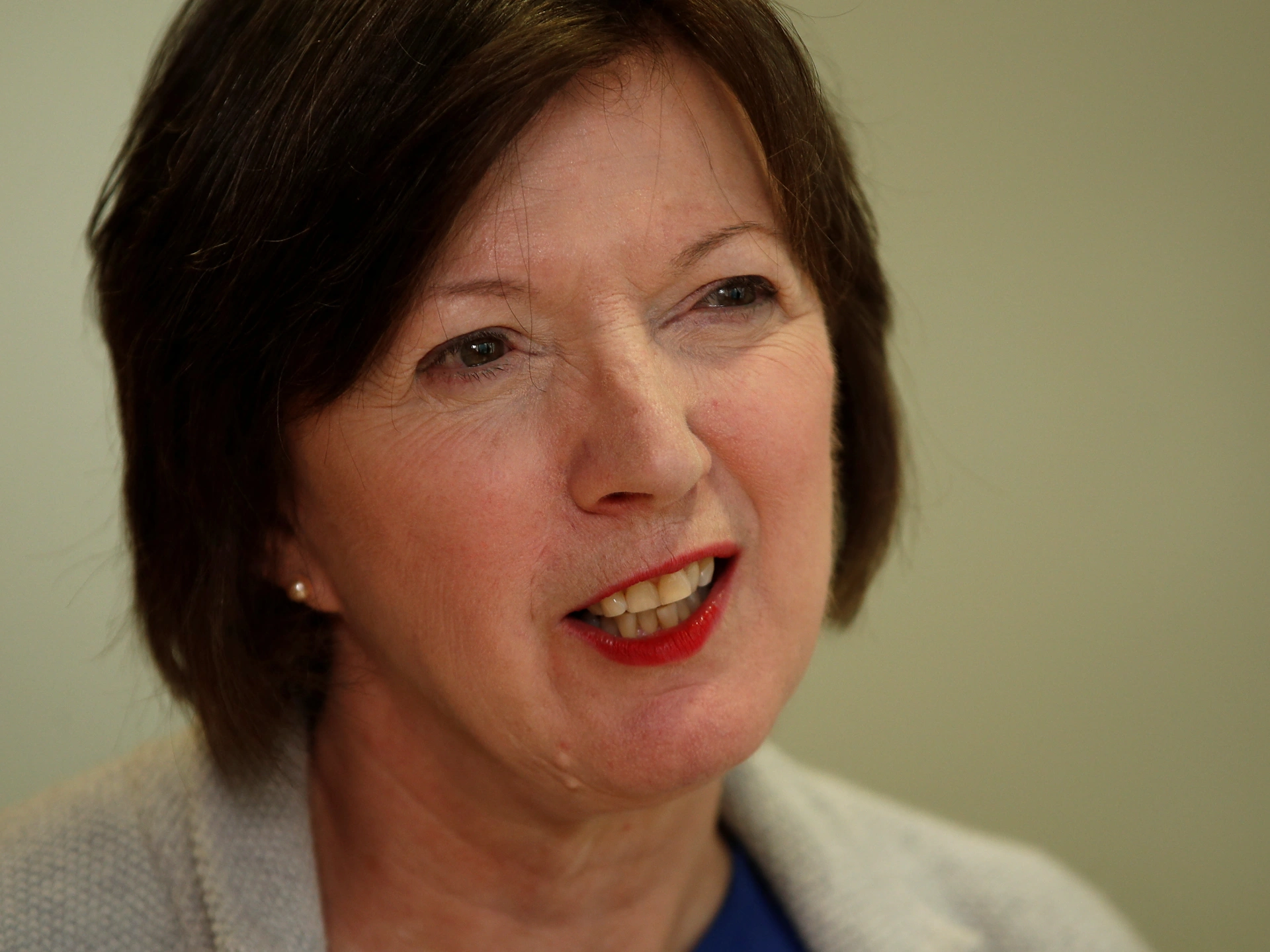
The Trades Union Congress (TUC) has called for the Government to increase the Minimum Wage to £15 per hour.
The Trades Union Congress hopes the proposal will assist families struggling with the cost of living with energy prices set to rise more in October.
According to industry experts Cornwall Insight, energy bills are predicted to jump to £3,582 in October and will exceed £4,200 in January.
How much is the Minimum Wage?
The Minimum Wage depends on your age. People aged 23 and above receive the national living wage at the same time as younger people get the minimum wage. as of April, the Minimum Wage was last increased.
- From 23 and above to earn £9.50
- From 21-22 to earn £9.18
- From 18-20 to earn £6.83
- Then From Under-18 to earn £4.81
- Apprentice to earn £4.81
Contracts for payments under the minimum wage aren’t legally binding. The employee is still entitled to the national minimum or living wage.
Workers are also entitled to the correct Minimum Wage if they’re:
- Part-Time
- Casual labourers, for instance, a person hired for one day
- Agency employees
- Foreign employees
- Seafarers
- Offshore employees
- Workers and homeworkers are paid by the number of items they make
- Apprentices
- Trainees
- Workers on probation
- Disabled employees
- Agricultural employees
Will there be growth withinside the minimal wages? Why are there calls for the UK rate to rise to £15 for all as the cost of living soars?
The Trades Union Congress hopes the proposal will assist families struggling with the cost of living d with energy prices set to rise more in October.
The Trades Union Congress (TUC) has called for the Government to increase the minimum wage to £15 per hour.
According to industry experts Cornwall Insight, energy bills are predicted to jump to £3,582 in October and will exceed £4,200 in January.
Will the Minimum Wage Go Up?
The TUC has stated the Government has to deliver a “plan to reinforce and extend collective bargaining across the economy” to assist boost pay for employees.
Proposals additionally consist of company governance reforms and a “life-long getting to know and competencies strategy” designed to deal with labour shortages.
Frances O’Grady, general secretary of the TUC, stated: “Every worker ought to be capable of affording a decent standard of living.
“We can’t maintain lurching from crisis to crisis. Working households want a long period of financial security – reversing the destructive trend of standstill wages.
“Ministers should introduce fair pay agreements to get pay and productivity growth in low-paid sectors.”
The Government stated it has “decided to make work pay” and that this year’s increase in the Minimum Wage in April was the biggest ever rise.
However, it added that placing the Minimum Wage too high could lead to unemployment.
